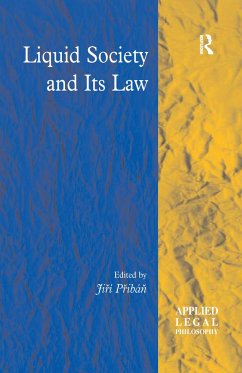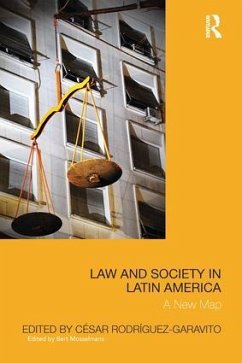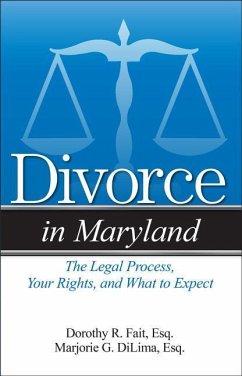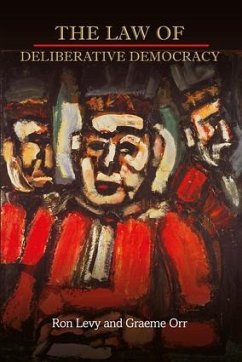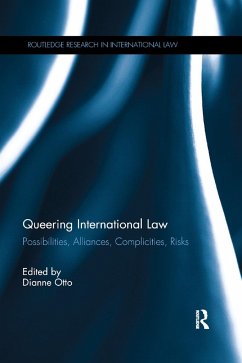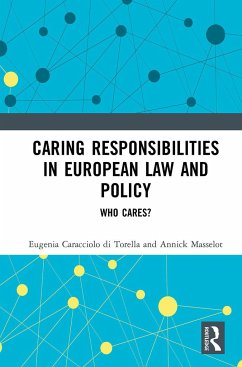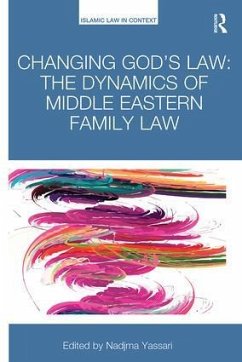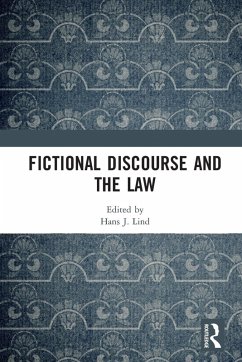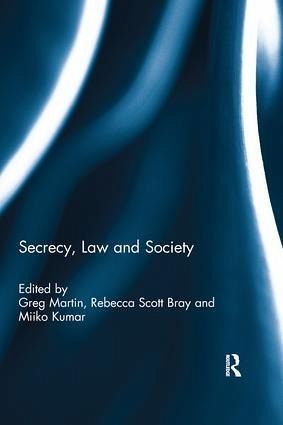
Secrecy, Law and Society

PAYBACK Punkte
34 °P sammeln!
Commentators have shown how a 'culture of security' ushered in after the terrorist attacks of 11 September 2001 has involved exceptional legal measures and increased recourse to secrecy on the basis of protecting public safety and safeguarding national security. In this context, scholars have largely been preoccupied with the ways that increased security impinges upon civil liberties. While secrecy is justified on public interest grounds, there remains a tension between the need for secrecy and calls for openness, transparency and disclosure. In law, secrecy has implications for the separation...
Commentators have shown how a 'culture of security' ushered in after the terrorist attacks of 11 September 2001 has involved exceptional legal measures and increased recourse to secrecy on the basis of protecting public safety and safeguarding national security. In this context, scholars have largely been preoccupied with the ways that increased security impinges upon civil liberties. While secrecy is justified on public interest grounds, there remains a tension between the need for secrecy and calls for openness, transparency and disclosure. In law, secrecy has implications for the separation of powers, due process, and the rule of law, raising fundamental concerns about open justice, procedural fairness and human rights. Beyond the counterterrorism and legal context, scholarly interest in secrecy has been concerned with the credibility of public and private institutions, as well as the legacies of secrecy across a range of institutional and cultural settings. By exploring the intersections between secrecy, law and society, this volume is a timely and critical intervention in secrecy debates traversing various fields of legal and social inquiry. It will be a useful resource for academic researchers, university teachers and students, as well as law practitioners and policymakers interested in the legal and socio-legal dimensions of secrecy.





